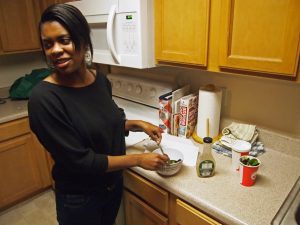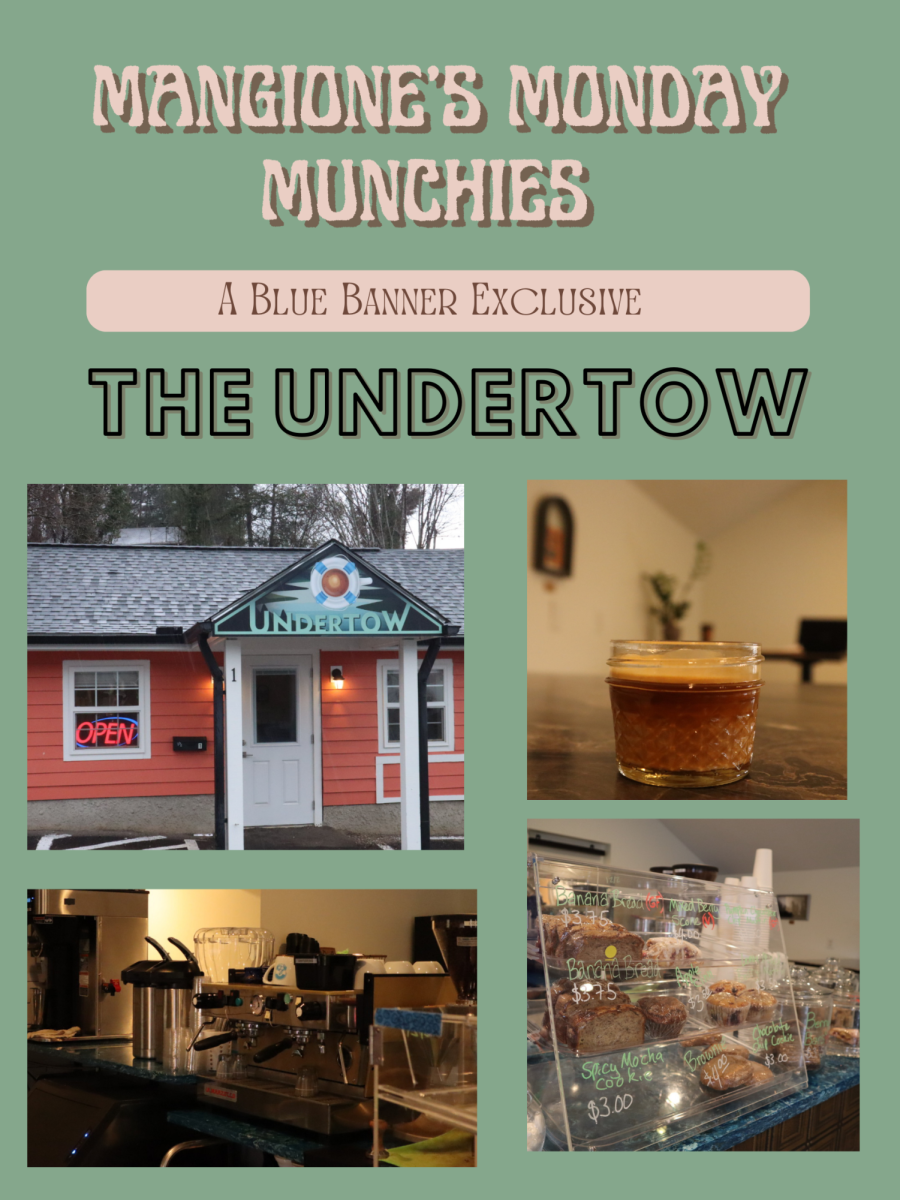by Hanna Lesky – Staff Writer – [email protected]
There have recently been numerous outbreaks of food poisoning in some vegetarian foods, but according to Asheville residents, these foods are not to blame for making people sick.
“The outbreak of E. coli and salmonella that our crops are incurring come from livestock-based fertilizer and runoff,” said Julie Loveless, nutrition counselor and systems sustainability specialist at Living Roots.
“Both E. coli and salmonella are bacteria found only in the intestines of animals, including humans. Historically, the food-borne illnesses caused by these bacteria were attributable to only meat, particularly ground beef, unpasteurized milk, cheese and apple cider, for E. coli; and raw poultry, eggs and beef for salmonella,” Loveless said.

“Animal feces are typically composted, often improperly, and turned into the soil as fertilizer, as well as diluted with water and sprayed on crop fields. The vast amounts of farm animals we produce results in overwhelming amounts of feces, so cropland tends to be over-fertilized,” Loveless said. “Otherwise, slurry, or liquid animal waste, fecal matter, is stored in holding pens, storage ponds and lagoons. Often these storage units leak or overflow, resulting in seepage and/or runoff into ground water and waterways, and the polluted water contaminates the crops.”
“Unfortunately, the concentration of animals characteristic of industrialized food production also concentrates pollution, and makes cross-contamination, water contamination and over-fertilization nearly impossible to avoid,” Loveless said.
Examples of foods that have been contaminated with E. coli and salmonella are spinach, peanut butter and even tempeh, which had to be recalled from UNC Asheville’s campus last year.
“Any of the food that is served here on campus is provided by approved, registered, inspected food service suppliers,” said Emily Williams, senior food service director for Compass Group, which owns and operates dining services at UNCA.
Recalls happen once in a while, and the minute they are publically announced, and even when it is only a possibility that the food is contaminated, it is removed from the shelves, destroyed and discarded, Williams said.
“Every single one of our staff and associates go through safe food handling. We all go through Serve Safe, which is a National Restaurant Association. It’s all about safe handling and instruction with food,” Williams said. “It’s obviously a continuing education, and we do it every semester, so whenever any of our associates return from winter break and from summer break, they have to go through all of it again, whether they worked here a month, or they’ve worked here 15 years. It’s always a continuing education process.”
Compass Group is the largest food provider in the world, and according to Williams, they are the most successful because of their safe handling processes.
In addition to relying on campus dining services to keep a close watch on contaminated food, students can prevent food poisoning on their own.
“The things that we can do to prevent food poisoning is controlling what foods you’re buying, controlling how you’re selling food, controlling how you’re preparing food and controlling how you’re sharing food. For the purchasing choice, knowing the source of the food, which is often times difficult to do if you’re getting it from a corporation,” said Nick Ladd, Virginia College of Osteopathic Medicine student and UNCA alumnus.
“We’ve been seeing a number of cases of E. coli from contaminated cattle. One infected cow will be mixed in with a lot of other cow meat and then the hamburger will be having problems there. Even with the heating up of the hamburger and the proper cooking of it, it won’t necessarily do away with a toxin. There’s a huge public health risk in the day and age of industrialized food because an average hamburger contains meat from up to a thousand different cows, so if you have any one of those cows, it can cause a lot of problems,” Ladd said.
“Asheville here has an abundance of farmer’s markets and you can speak to the farmer directly and ask about handling practices, and any kind of past history of illnesses from your food, and how they’re packaging and store the food before you actually purchase it. I think we live in a pretty connected world, and anytime there is an outbreak, it usually gets out there pretty well. But if people are interested in becoming a little more vigilant, you can go to the CDC website, the Center for Disease Control, and keep a watch and maybe highlight some of the outbreaks that might potentially be in your area,” Ladd said.

















